
views
In light of the worldwide efforts to limit the spread of COVID-19, it is normal to experience feelings of isolation, and loneliness. Infectious diseases are the second-leading causes of mortality in patients with cancer, whose immune systems are often compromised. Hence, it is essential for caregivers to keep abreast of the latest developments in the management of coronavirus disease 2019 (COVID-19).
Cancer patients are more susceptible to COVID-19 than individuals without the disease because of their systemic immunosuppressive state caused by the malignancy and anti-cancer treatments, such as chemotherapy, targeted therapy and immunotherapy.
Thus, patients with any type of advanced cancer are going to be at much higher risk for bad outcomes if they get infected with the coronavirus. It is a very difficult decision for both patients and oncologists to continue immuno-suppressive treatments during COVID-19 outbreak.
India sees over 15 lakh new cancer patients every year who are at different phases of their treatment. This means people are either being treated at hospitals or undergoing active treatment which demands multiple hospital visits in a month. Hence, cancer patients and their caregivers are advised to avoid any and all non-essential travel.
There is also a concern among of patients of what happens if one stops, delays or switches the cancer treatment. Many of them are asking for tele-consultations, but that is not practically possible, as there is a need to do various tests to assess their condition and progress of the disease, chemotherapy and radiotherapy, every week, especially for aggressive types of cancer.
With COVID-19, elderly people (particularly over 70 years) and people with underlying health conditions, such as chronic lung disease, cardiovascular disease, diabetes, chronic kidney disease and cancer appear to be at higher risk for major complications. That includes admission to intensive care and even death.
Published in mid-February, the study with 2,007 hospitalised COVID-19 patients from 575 hospitals in China, found 18 patients with a history of cancer — some currently under treatment, some years out. Nearly half of those patients had a higher risk of “severe events” (defined as admission to the ICU, the need for ventilation or death).
At this time, family support is much more important for cancer patients, but if someone in the family gets sick, cancer patients must start social distancing, wearing gloves and masks, sleeping in a different room if possible, wiping down the areas with regular hands washing.
Cancer patients must continue their treatment unless they are in close contact with someone with COVID-19 or presenting symptoms of cough, shortness of breath, breathing difficulties or high temperature.
There is no clarity about positive COVID-19 diagnosis in cancer patients and decision-making regarding anti-cancer treatment. Can anti-cancer treatment be delivered during quarantine or should patients wait until they’ve recovered to resume chemotherapy? There is no clear answer to this.
Cancer-related anxiety and distress have been aggravated by a situation where no one knows what choices to make for cancer patients and what is the right suggestion to be advocated in view of fear of cancer recurrence, progression to a higher stage and loss of life due to inability to access the system amid COVID-19 pandemic. It is scary and surreal for oncologists, and of course, for many cancer patients.
Cancer patients should stay away from the myths and misinformation that is being widely circulated on WhatsApp, Facebook and other social media platforms.
These misinformation, related to prevention or treatment of COVID-19 and cancer can do more harm than good. The spread of incorrect information is causing trauma and distress in vulnerable populations and adding to the heavy psychological burden of this disease for those who can least afford it. The World Health Organisation is the definitive source of information on the disease.
We know this pandemic will be tackled over a period of time, but it will leave an unforgettable impact on cancer patients and their caregivers along with oncologists who are helpless on deciding whether “to treat or not to treat.”
Oncologists have to think critically and prepare a guideline to deal with cancer patients during the time of health emergencies and how to manage cancers in elderly patients as they are more prone for adverse outcomes.
Stay Connected with Yourself and Others
When asked about this situation, actor and cancer survivor Manisha Koirala said, she has limited herself from reading and interacting about the virus. “I watch films with my parents, sit and talk and I am spending lots of time with each other minimising our fear and avoiding negative space.”
“This is a good time to explore creative projects, to do gardening, to read a book and many new things to experiment to see what is more interesting. As I can’t move out, I try walking in my apartment along with cleaning my room thoroughly,” she said when asked about coping up mechanism during this crisis.
We Have No Choice
The bottom line is, “we are all at risk”. The elderly and those with co-morbidities like hypertension, diabetes, lung diseases, and cancer are at higher risk to develop a critical stage during the course of the disease. Apart from educating our cancer patients, we must try to practise hygiene along with social distancing, as infection to one healthcare professional will force all contacts to go into quarantine affecting the whole system very badly.
Adopt WHO’s Isolate, Test, Treat, Trace Policy
To suppress and control the epidemic, we must isolate, test, treat and trace. If this is not adopted, transmission chains can continue at a low level and then resurface once lockdown period is over. Very real ethical dilemmas abound for cancer clinicians bearing the hopes and dreams of their patients, who deserve empathy but also a realistic insight into their situation.
(The author is an assistant professor in the Department of Radiation Oncology at Lady Hardinge Medical College & SSK Hospital, Delhi.)











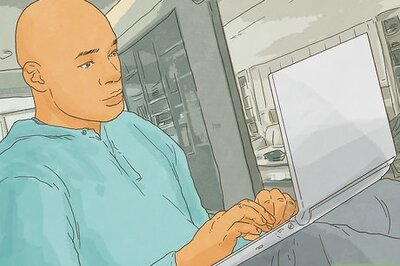



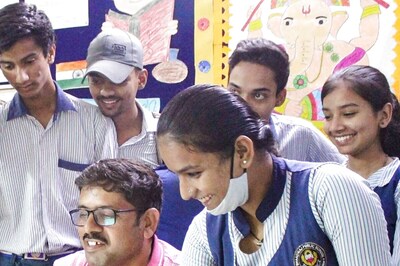
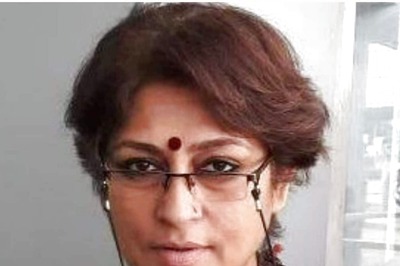

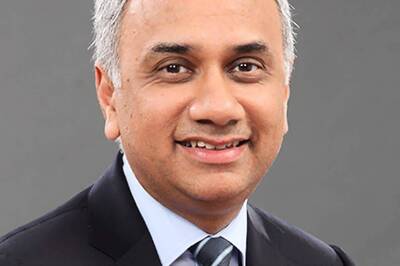
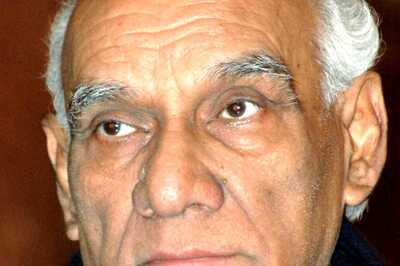
Comments
0 comment